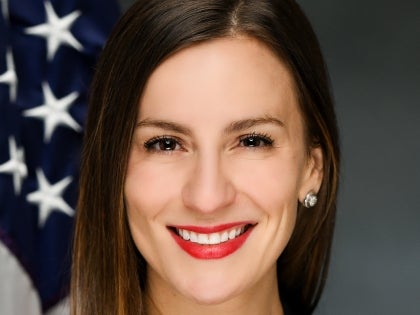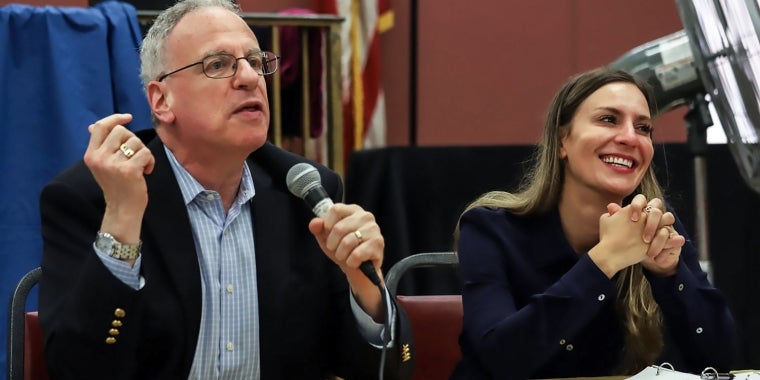
New York needs universal health care
OPINION By Alessandra Biaggi
When President Johnson signed Medicare and Medicaid into law on July 30, 1965, establishing the first ever government health insurance for civilians, he remarked: “because the need for…action is plain…we marvel not simply at the passage of this bill, but what we marvel at is that it took so many years to pass.”
Fifty-four years later, as we consider the number of New Yorkers who still lack access to quality, affordable healthcare — and our relative inaction — his words resonate louder than ever.
With Medicare and Medicaid, we took the first step toward establishing health care as a right. Before 1965, private insurance was the only option. It remained out of reach for half of our nation’s seniors, forcing them to choose between emptying their savings or forgoing care altogether. By creating Medicare and Medicaid, the federal government intervened for the first time to ensure that seniors and low-income Americans were guaranteed health coverage — regardless of their ability to pay.
In the years since, Medicare and Medicaid have expanded to cover more Americans. But the programs give significant discretion to states, leading to an uneven patchwork of coverage across the country and leaving most Americans ineligible for public programs.
New York has opted for generous coverage, via the Essential Plan, which helps families who miss the Medicaid cut-off but cannot afford private insurance. Even so, most New Yorkers do not meet the income or age requirements for publicly subsidized plans. Instead, they have to rely on a system of private insurance that dangerously prioritizes profits over patients.
The odds of dying are 26% lower among the the insured than among the uninsured. But even individuals with insurance often forgo treatment they cannot afford or face financial hardship — even bankruptcy — trying to pay for care they or a loved-one need.
Despite our progress over the last few generations, including with the advent of the Affordable Care Act, the story of healthcare policy in the United States and New York remains one of incremental change, and is reflected in the day-to-day lives of New Yorkers for whom our system continues to fall short.
On the anniversary of Medicare and Medicaid, New York has an opportunity to embrace the same paradigm-shifting ideology that these policies originally reflected and finally pass the New York Health Act.
[More Opinion] Trump dare not sell out Libya next »
The NYHA would create a system of universal health-care coverage in New York by replacing both private and government health insurance programs with one quality plan for everyone — regardless of their age, income or immigration status. The NYHA provides a comprehensive range of services including dental, vision, mental health and long-term care. New Yorkers will no longer have to worry about restrictive networks. Under the NYHA, you can keep your current doctor or pick a new one. And instead of co-pays, premiums and deductibles, individuals and employers will contribute to health-care costs through a progressive income tax.
The plan makes sense from a practical standpoint — according to a study by the RAND Corp., the majority of New Yorkers would pay less for their health coverage than they currently do. The NYHA eliminates the bloated bureaucracy around private health insurance companies, and gives the state bargaining power to lower the cost of prescription drugs — saving us all billions of dollars.
New York will lead the nation when we pass the NYHA, so it is important that we get this right. With the leadership of state Sen. Gustavo Rivera and Assemblyman Richard Gottfried, I am confident that we can build a sustainable and realistic plan to pay for and implement the bill and advance it next session.
As we mark the anniversary of Medicare and Medicaid, I remain hopeful about the path forward. This year New York proved that we are capable of bold, progressive governance. Let us continue that legacy and make healthcare as a human right, a reality.
